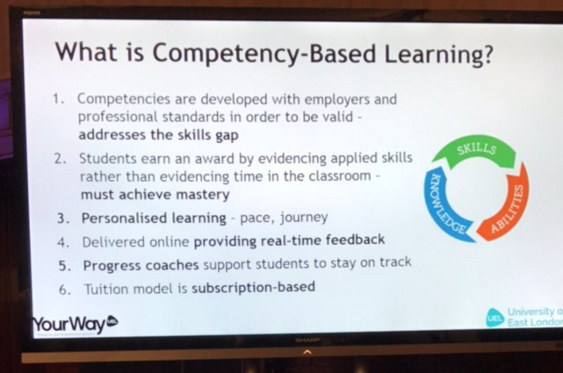The open in MOOC must include the ability to create courses
 However you view MOOCs, they have been a success in moving towards open education and in allowing thousands of people not enrolled in formal education programmes to take part in courses.
However you view MOOCs, they have been a success in moving towards open education and in allowing thousands of people not enrolled in formal education programmes to take part in courses.
But in all the talk about open and MOOCs one issue worries me: access to platforms. Yes the best MOOCs and the better platforms encourage conversation between learners and even promote the idea of learners being facilitators. Yet the ability to create a MOOC is largely confined those in a commercial company or those in mainly Higher Education establishments. Increasingly MOOC platforms are only accessible to those who are part of one or another of the consortia which have emerged between different education institutions or those with money to pay into a private MOOC provider. OK, it is possible to hack a MOOC platform together with WordPress or to install Open edX. But it isn’t simple. The Emma project and platform have opened up possibilities to host MOOCs in Europe but I am not sure that this will continue to be supported after their EU funding runs out.
If we want truly open education, then we need to open up opportunities for creating and facilitating learning as well as participating in a programme. I still like Ivan Illich’s 1971 dream in Deschooling Society of a big computer which could send postcards to match those wanting to learn something with those willing to support them. And I see an open MOOC infrastructure as the way we might achieve this. Of course there are concerns over quality. but surely we can find ways of peer reviewing proposed courses and supporting course creators to achieve not only high quality but truly imaginative pedagogy approaches to learning through a MOOC. Quality is not just predicated on the cost of the video production.
I wonder if rather than the formation of big consortia, more democratic federation could be the way to go. It is disappointing to see that FutureLearn has announced that those students who fail to pay a fee (or as they put it, an ‘upgrade’ will no longer be able to access content following the end of a course. This is just one more reason why we need an open MOOC infrastructure or ecology if MOOCs are to be truly open.



